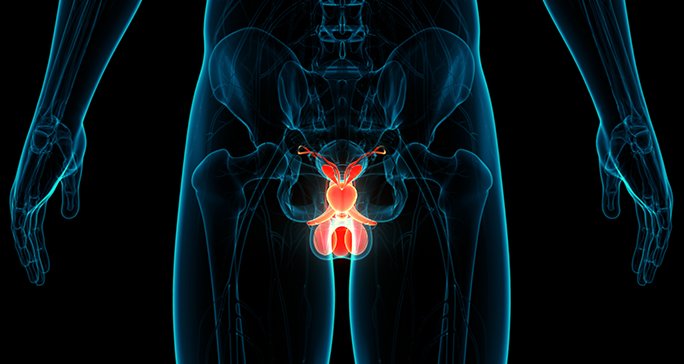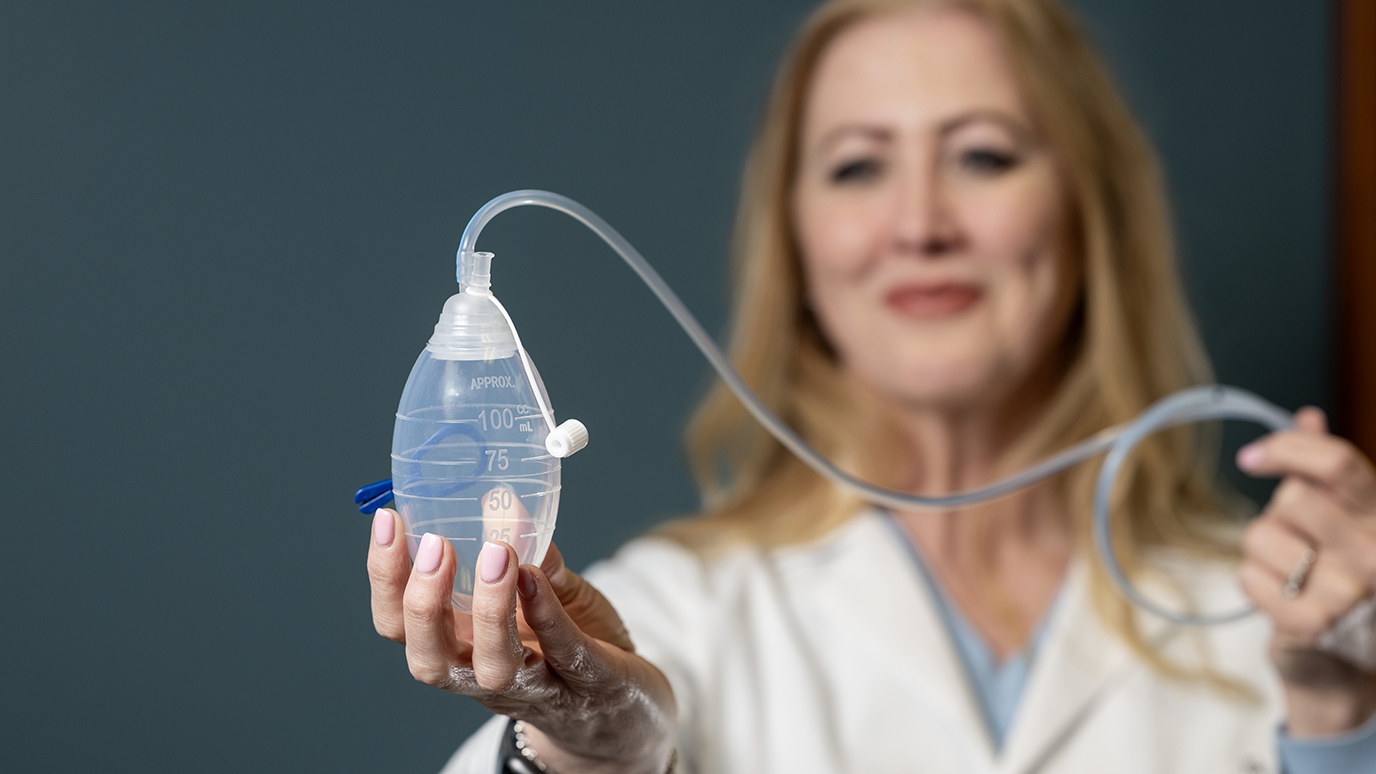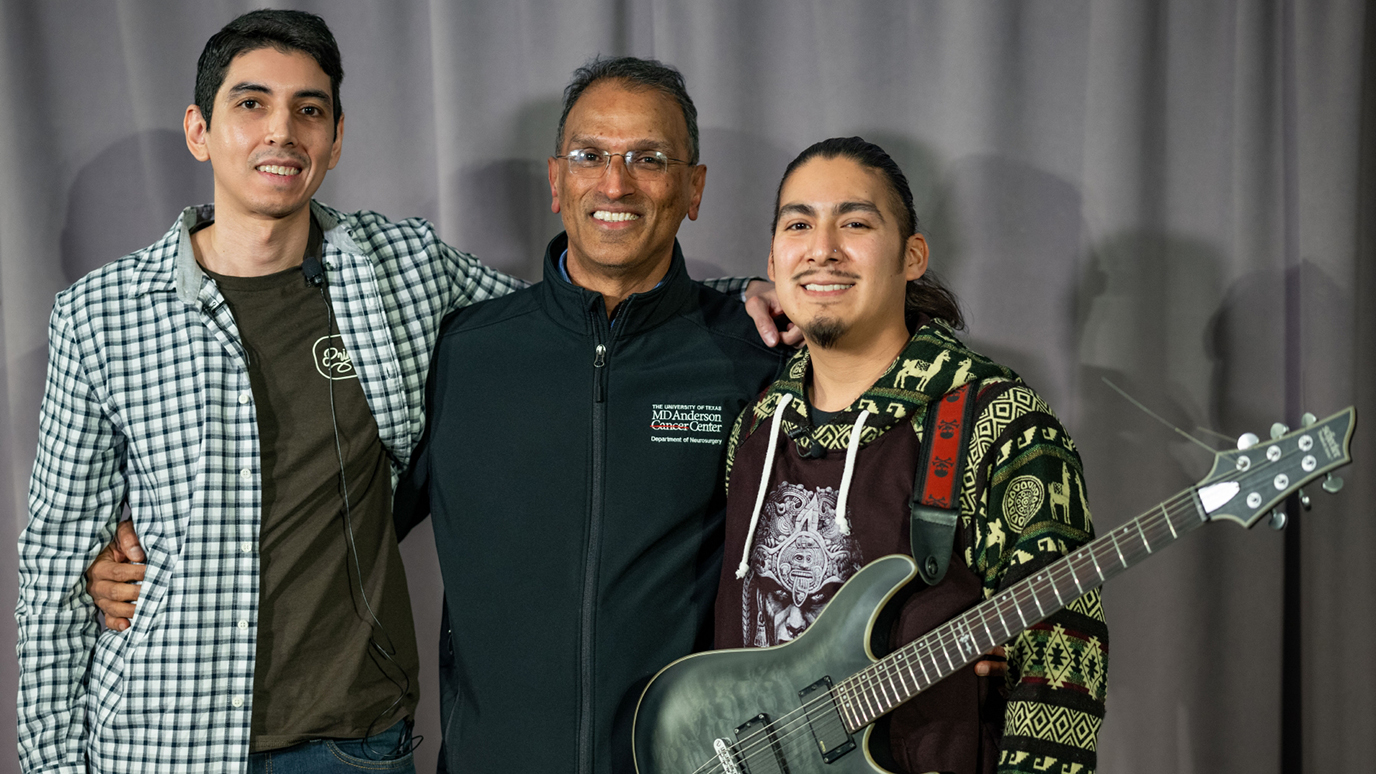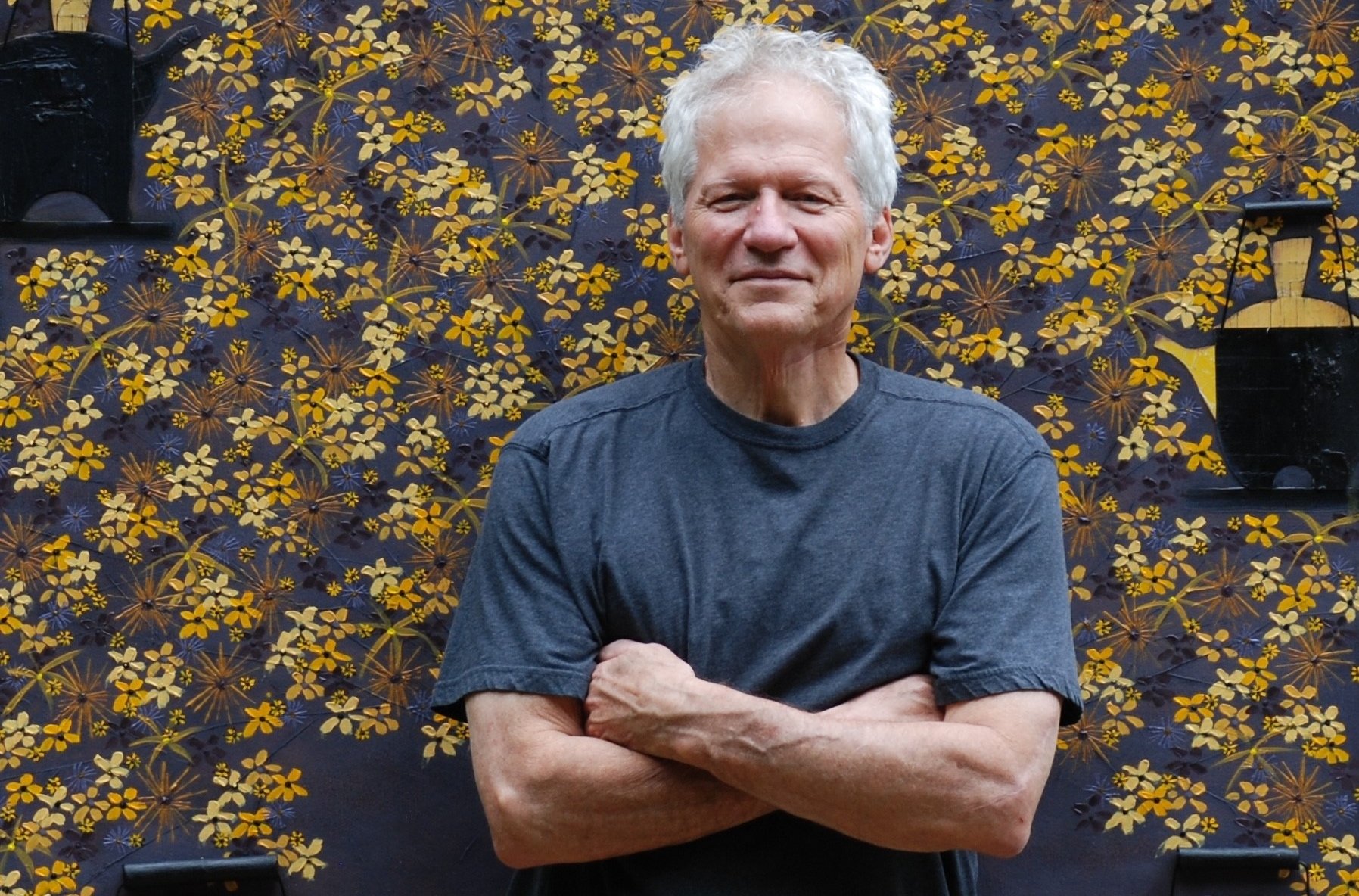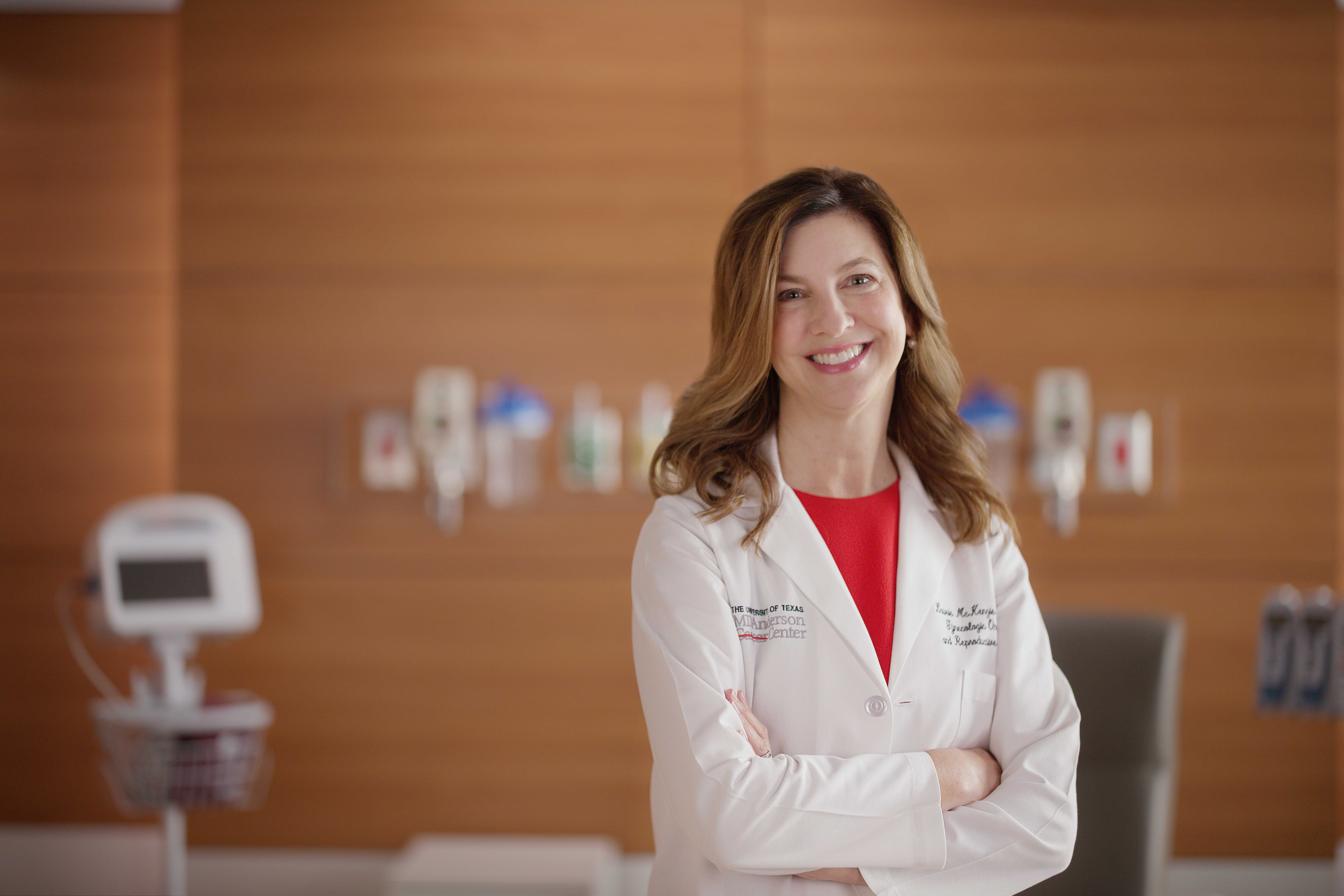- Diseases
- Acoustic Neuroma (16)
- Adrenal Gland Tumor (24)
- Anal Cancer (70)
- Anemia (2)
- Appendix Cancer (18)
- Bile Duct Cancer (26)
- Bladder Cancer (74)
- Brain Metastases (28)
- Brain Tumor (234)
- Breast Cancer (728)
- Breast Implant-Associated Anaplastic Large Cell Lymphoma (2)
- Cancer of Unknown Primary (4)
- Carcinoid Tumor (8)
- Cervical Cancer (164)
- Colon Cancer (168)
- Colorectal Cancer (118)
- Endocrine Tumor (4)
- Esophageal Cancer (44)
- Eye Cancer (36)
- Fallopian Tube Cancer (8)
- Germ Cell Tumor (4)
- Gestational Trophoblastic Disease (2)
- Head and Neck Cancer (14)
- Kidney Cancer (130)
- Leukemia (342)
- Liver Cancer (50)
- Lung Cancer (286)
- Lymphoma (278)
- Mesothelioma (14)
- Metastasis (30)
- Multiple Myeloma (100)
- Myelodysplastic Syndrome (60)
- Myeloproliferative Neoplasm (6)
- Neuroendocrine Tumors (16)
- Oral Cancer (102)
- Ovarian Cancer (178)
- Pancreatic Cancer (162)
- Parathyroid Disease (2)
- Penile Cancer (14)
- Pituitary Tumor (6)
- Prostate Cancer (150)
- Rectal Cancer (58)
- Renal Medullary Carcinoma (6)
- Salivary Gland Cancer (14)
- Sarcoma (238)
- Skin Cancer (302)
- Skull Base Tumors (56)
- Spinal Tumor (12)
- Stomach Cancer (66)
- Testicular Cancer (28)
- Throat Cancer (92)
- Thymoma (6)
- Thyroid Cancer (100)
- Tonsil Cancer (30)
- Uterine Cancer (86)
- Vaginal Cancer (18)
- Vulvar Cancer (22)
- Cancer Topic
- Adolescent and Young Adult Cancer Issues (22)
- Advance Care Planning (12)
- Biostatistics (2)
- Blood Donation (18)
- Bone Health (8)
- COVID-19 (360)
- Cancer Recurrence (120)
- Childhood Cancer Issues (120)
- Clinical Trials (628)
- Complementary Integrative Medicine (22)
- Cytogenetics (2)
- DNA Methylation (4)
- Diagnosis (240)
- Epigenetics (6)
- Fertility (62)
- Follow-up Guidelines (2)
- Health Disparities (14)
- Hereditary Cancer Syndromes (128)
- Immunology (18)
- Li-Fraumeni Syndrome (8)
- Mental Health (122)
- Molecular Diagnostics (8)
- Pain Management (62)
- Palliative Care (8)
- Pathology (10)
- Physical Therapy (18)
- Pregnancy (18)
- Prevention (940)
- Research (390)
- Second Opinion (78)
- Sexuality (16)
- Side Effects (616)
- Sleep Disorders (10)
- Stem Cell Transplantation Cellular Therapy (216)
- Support (408)
- Survivorship (330)
- Symptoms (182)
- Treatment (1794)
Facing infertility after testicular cancer treatment
BY Shane Scott
3 minute read | Published January 28, 2015
Medically Reviewed | Last reviewed by an MD Anderson Cancer Center medical professional on January 28, 2015
I had been married to the love of my life for about two years and we were just getting our feet on the ground when I received my testicular cancer diagnosis. It happened so fast. I went from having an ultrasound to having an operation the next week. After the surgery, we found out the testicular cancer had spread to my lymph nodes and I would need chemotherapy.
At that point, fertility was the last thing on my mind. I was so worried about beating cancer that I didn't think about how the chemotherapy could cause infertility. How do you look past a life-changing diagnosis and think about the future you may or may not have?
Once I learned about options for addressing infertility, though, the idea of having children was one of the main things that helped me make it through chemo.
My testicular cancer treatment
After my testicular cancer diagnosis, it seemed any news we got was not good. Despite undergoing chemotherapy five hours a day for five days a week, my tumors weren't shrinking. I also lost my hair and didn't have any energy. Then, finally on my third cycle of chemo we started to see some positive progress. I was ecstatic, but I knew my treatments were far from over.
Once I finished chemo, I underwent surgery to remove two potentially cancerous spots on my back and lungs. I knew the surgery would be difficult, so I sought a second opinion at MD Anderson. I met with several doctors over a period of three days and left feeling confident about my testicular cancer treatment plan. Following the surgery, I was declared cancer-free.
Life after testicular cancer: Celebrating the birth of my son
Prior to starting treatment, my doctor told me that it would be smart to bank sperm in case the chemo made me infertile. Thankfully, I took his advice because that is exactly what happened.
My wife and I decided to use in-vitro fertilization (IVF), and two years after I completed my treatment, we were ecstatic to hear we would be blessed with our first child. On April 16, 2013, our son Kyson was born. Becoming parents has been an amazing process, and we are looking to starting the IVF process again this year.
I'm lucky that my doctor talked to me about the possibility of infertility before I started chemo and that he told me what I could do to ensure my wife and I could still have children after cancer. I only wish more cancer patients knew about the effects their treatment could have on their fertility -- and that medical advances can help them have children. It is important to know that people who have had or still have cancer can lead normal lives. I always wanted to be a father and if I had been born 20 years earlier, I wouldn't be one right now. There are so many options today.
My son is almost 2 years old now. He doesn't understand how special he is or what a miracle he is. He is a normal baby boy with all that entails. When he is able to understand my journey, I will tell him that he is the best thing that has ever happened to his mother and me. I can't wait to have this conversation with him and let him know.
I get emotional thinking about it, but it is true: this little boy is a daily reminder to live your life to the fullest. I can't explain the joy he has brought to my life. Had it not been for the cancer that almost killed me, Kyson wouldn't be here. I would go through it all over again for him.
Related Cancerwise Stories

I only wish more cancer patients knew about the effects their treatment could have on their fertility -- and that medical advances can help them have children.
Shane Scott
Survivor

